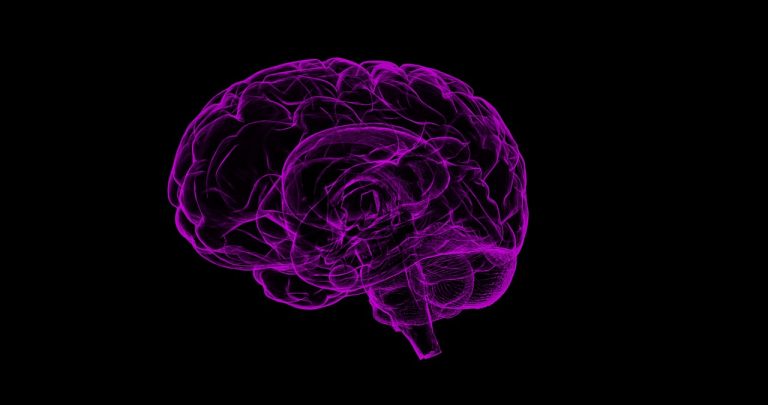The Importance of Exercise: Enhancing Physical and Mental Well-being
In today’s sedentary and fast-paced lifestyle, regular exercise has become increasingly crucial for maintaining optimal health and well-being. Exercise offers a myriad of benefits, ranging from physical fitness and weight management to mental clarity and emotional stability. In this article, we will delve into the importance of exercise, exploring its impact on various aspects of our lives and providing compelling reasons to incorporate physical activity into our daily routines.
I. Physical Health Benefits:
- Weight Management: Regular exercise plays a vital role in weight management by burning calories and increasing metabolism. Engaging in physical activity helps maintain a healthy body weight and reduces the risk of obesity-related health conditions, such as heart disease and diabetes.
- Cardiovascular Health: Exercise strengthens the heart muscle, improves blood circulation, and reduces the risk of cardiovascular diseases. Regular aerobic exercise, such as brisk walking, jogging, or cycling, enhances heart health, lowers blood pressure, and improves cholesterol levels.
- Stronger Muscles and Bones: Exercise, especially resistance training, helps build and strengthen muscles, enhancing overall physical strength and endurance. Weight-bearing exercises, such as walking or weightlifting, promote bone health and reduce the risk of osteoporosis.
- Improved Immune System: Regular exercise boosts the immune system, making the body more resilient to infections and diseases. Physical activity increases the production of antibodies and enhances the circulation of immune cells, improving the body’s ability to fight off illnesses.
II. Mental and Emotional Well-being:
- Reduced Stress and Anxiety: Exercise is a natural stress reliever, triggering the release of endorphins, which are chemicals in the brain that promote feelings of happiness and relaxation. Regular physical activity can alleviate symptoms of stress, anxiety, and depression.
- Enhanced Cognitive Function: Exercise has a positive impact on brain health, improving cognitive function, memory, and attention span. Physical activity increases blood flow to the brain, stimulates the growth of new neurons, and enhances overall brain health.
- Increased Energy and Mental Clarity: Engaging in exercise boosts energy levels and improves mental clarity. Regular physical activity helps combat feelings of fatigue and promotes mental alertness, enabling individuals to be more productive and focused throughout the day.
- Better Sleep Quality: Exercise has been linked to improved sleep quality and duration. Regular physical activity regulates sleep patterns, reduces insomnia symptoms, and promotes a deeper, more restful sleep.
III. Disease Prevention and Longevity:
- Reduced Risk of Chronic Diseases: Regular exercise plays a crucial role in preventing chronic diseases such as heart disease, diabetes, certain types of cancer, and stroke. Physical activity helps control blood sugar levels, lowers blood pressure, and reduces the risk of developing these health conditions.
- Improved Metabolic Health: Exercise enhances insulin sensitivity, aiding in the prevention and management of metabolic disorders such as type 2 diabetes. Regular physical activity helps maintain healthy blood sugar levels and improves overall metabolic health.
- Longer Lifespan: Studies have shown that individuals who engage in regular exercise tend to live longer and have a lower risk of premature death. Physical activity contributes to overall longevity by reducing the risk of chronic diseases and promoting overall health.
IV. Tips for Incorporating Exercise into Daily Life:
- Set Realistic Goals: Start by setting achievable exercise goals based on your current fitness level and schedule. Gradually increase the duration and intensity of your workouts to avoid injury and ensure long-term adherence.
- Find Activities You Enjoy: Choose activities that you find enjoyable and that align with your interests. Whether it’s dancing, swimming, cycling, or hiking, finding activities you love will increase your motivation and make exercise more enjoyable.
- Make it a Habit: Incorporate exercise into your daily routine by scheduling specific times for physical activity. Consistency is key, so aim for at least 150 minutes of moderate-intensity exercise or 75 minutes of vigorous-intensity exercise per week.
- Mix it Up: Engage in a variety of exercises to keep things interesting and target different muscle groups. Incorporate cardiovascular exercises, strength training, and flexibility exercises for a well-rounded fitness routine.
- Stay Hydrated and Fuel Your Body: Drink plenty of water before, during, and after exercise to stay hydrated. Fuel your body with nutritious foods to provide the energy needed for physical activity and aid in recovery.
Conclusion:
Exercise is an essential component of a healthy lifestyle, offering a multitude of benefits for physical, mental, and emotional well-being. From weight management and disease prevention to stress reduction and enhanced cognitive.







